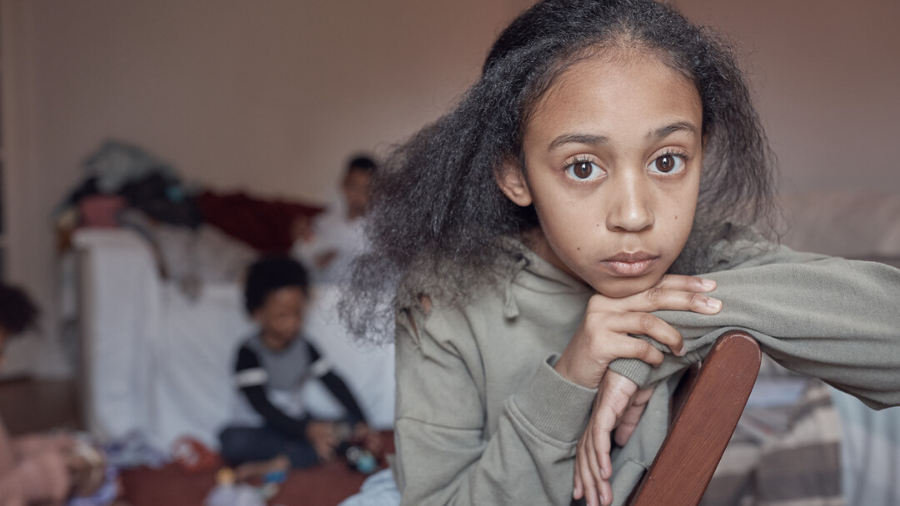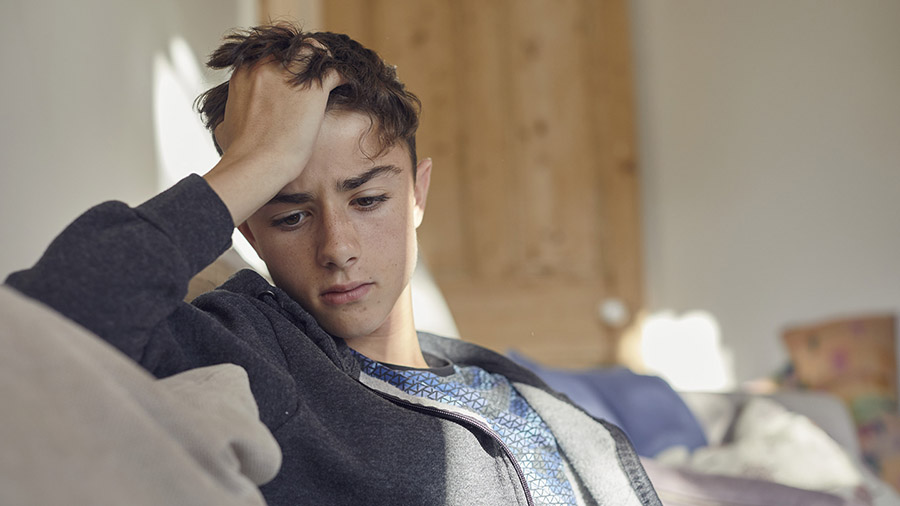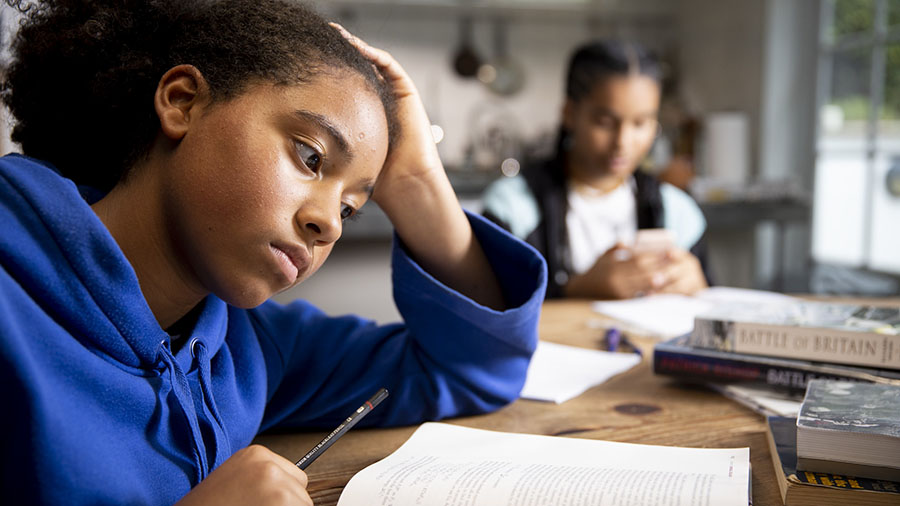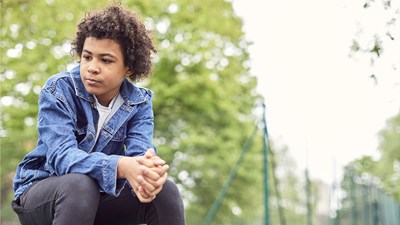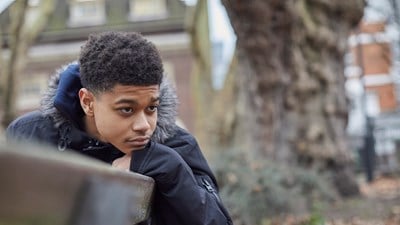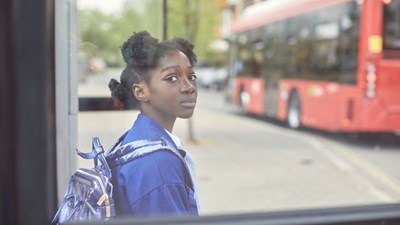The impact of cuts to Ministry of Justice budgets
This data is published following a 25% reduction in the Ministry of Justice’s (MoJ) budget between 2010/11 and 2019/20.1
England and Wales have also experienced court closures, a drop in court staff, the ending of almost all specialist young witness schemes, a shortage of registered intermediaries and a 57% increase in police reports of CSA in 5 years.
In 2021 the National Audit Office warned the backlog of cases in criminal courts severely affects victims, witnesses and defendants and is likely to be a common issue for several years.2
Our analysis underlines the impact that delays have on young people:
- Going to court can be extremely daunting, with uneven access to pre-trial support and many experiencing long waits for their trial to start.
- Some struggled to relive their abuse in court and were forced to face their abuser, while others went through cross-examinations which increased their feelings of blame or guilt.
While a review of adult rape cases resulted in the government committing to prosecution and conviction increases, there’s been no review or commitment to tackle the significant fall in CSA cases.3
We’re calling on Dominic Raab, Deputy Prime Minister and Lord Chancellor, to urgently review the fall in prosecutions and convictions.
This would involve tackling the delays and backlog in CSA cases and using the upcoming Victims’ Law to ensure young people have the support they deserve to give evidence and recover from abuse.
